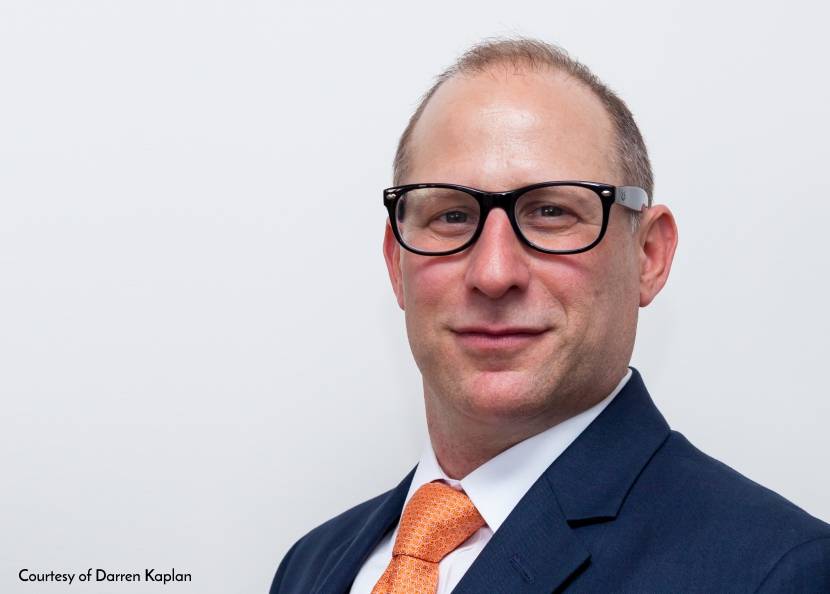You Need Paying Customers, Not Free POCs, to Survive Your Fund Raise

First-time entrepreneurs that are building an enterprise SaaS company and trying to raise money without having paying customers will typically find it difficult to raise capital. As an Alchemist Accelerator CEO mentor, I help founders understand this point as early as possible. If you want to survive, meaning close your Angel or Series A round to live another day, you must prove that customers will pay for a solution to the problem you are solving. That is table stakes in Silicon Valley.
Early Stage, SaaS, Enterprise Sales is Really, Really Difficult.
You don’t have brand recognition, customer references, case studies, engaging slides, or a fully functional product. And most technical co-founders do not have sales experience and would prefer to spend their time coding versus updating salesforce or talking to people.
Capital comes in two primary forms: paying customers and venture term sheets. Non-paying “proofs of concept” (POCs) are not customers. The Valley VC deal flow is massive so POCs with no path to revenue from small logos (companies with under 400 employees) will get a response that sounds like “come back in six months.” That is a major problem when you have only 90 days of cash and no salespeople.
Founders need to clearly understand their prospects’ buying and decision-making processes. Everyone knows your product is in beta, but you shouldn’t be giving it away for free. Founders need to know their worth and show the value of their products. It’s important to explain to early prospects that free trials equate to no funding to hire engineers to scale the product. Even worse, they lead away from a path to raise money.
Be honest with your first 10 potential customers. Let them know that you need a financial commitment from them and that they need to be a reference for potential investors. Listen carefully to their feedback when you make that ask. Do they have a budget to pilot new technologies? What are the barriers to your deal getting signed in the current quarter? Are they in the midst of a reorganization? Did a new boss just arrive? The signal will be high on your first call as to whether or not this lead has real potential. If a prospect tells you his or her company’s security assessment will take six months and the purchasing process another three months, believe that person and say thank you, don’t forecast them and then move to the next deal.
Your First 10 Logos Matter
Many founders sell into small businesses (20–400 employees) because they think the process will be easier. Logos matter and the first customers you attract are important. VCs call these lighthouse customers. They represent early market validation and big budgets. If investors have never heard of the logos on your traction slide, there’s little excitement to listen to your pitch. Similarly, if your first four customers are due to your friends or family network, investors will be skeptical of your ability to cold call and introduce your new product/service in a compelling way outside of your immediate contacts. Remember VCs backchannel before they cut checks. They call their networks of lighthouse executives to get a sense of market needs.
Have A Path to Scale Early Customers
Investors will be interested in your traction. They know that your first few deals will be priced below market to get the relationship started. But you need to show them a path — how you are going to grow early customers from five-figure deals to six-figure deals. (In effect, showing now that you won your first deal to prove your value with one business line, how you will get the rest of the business.) Great founders set this path to scale at the earliest stage of deal. They do this by value setting at the beginning of the relationship.
So take the time to build a solid pipeline of customers not POCs. It’s easier to raise money when you have paying customers. Founders selling early-stage enterprise SaaS solutions should think in these terms: every $50K SaaS sales order should equal $300K in funding. If what you are selling has value, people will pay for it.
About Darren Kaplan
Darren Kaplan is the co-founder and founding CEO of hiQ Labs (www.hiqlabs.com), a data science company, informed by public data sources, applied to human capital to make work better. Mr. Kaplan is an Alchemist Accelerator mentor, working with Augmented Reality, Cyber Security, and HR enterprise SaaS startups.
About the Alchemist Accelerator
Alchemist is a venture-backed initiative focused on accelerating the development of seed-stage ventures that monetize from enterprises (not consumers). The accelerator’s primary screening criteria is on teams, with primacy placed on having distinctive technical co-founders. Our backers include many of the top corporate and VC funds in the Valley — including Khosla Ventures, DFJ, Cisco, and Salesforce, among others. CB Insights has rated Alchemist the top program based on median funding rates of its grads (YC was #2), and Alchemist is perennially in the top of various Accelerator rankings. The accelerator seeds around 75 enterprise-monetizing ventures/year.
http://alchemistaccelerator.com





